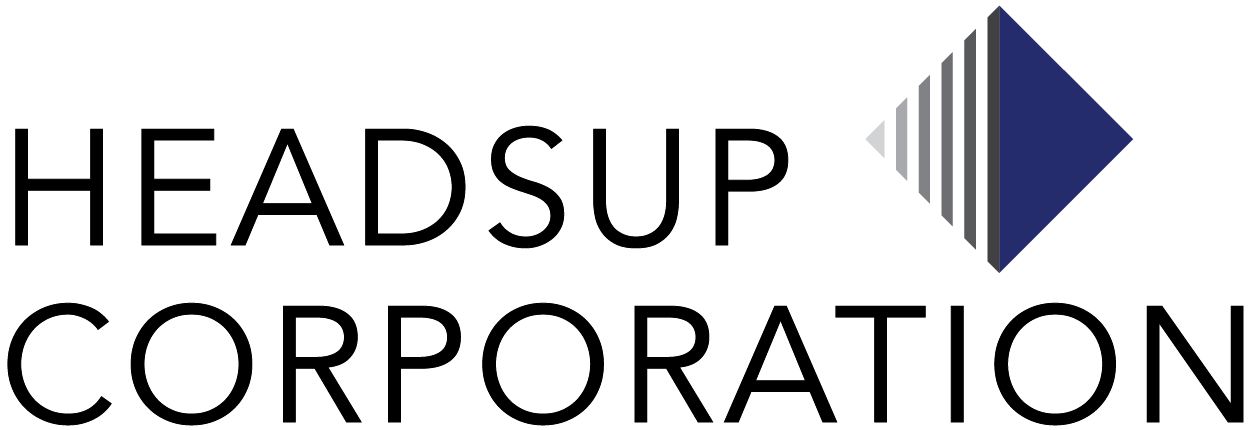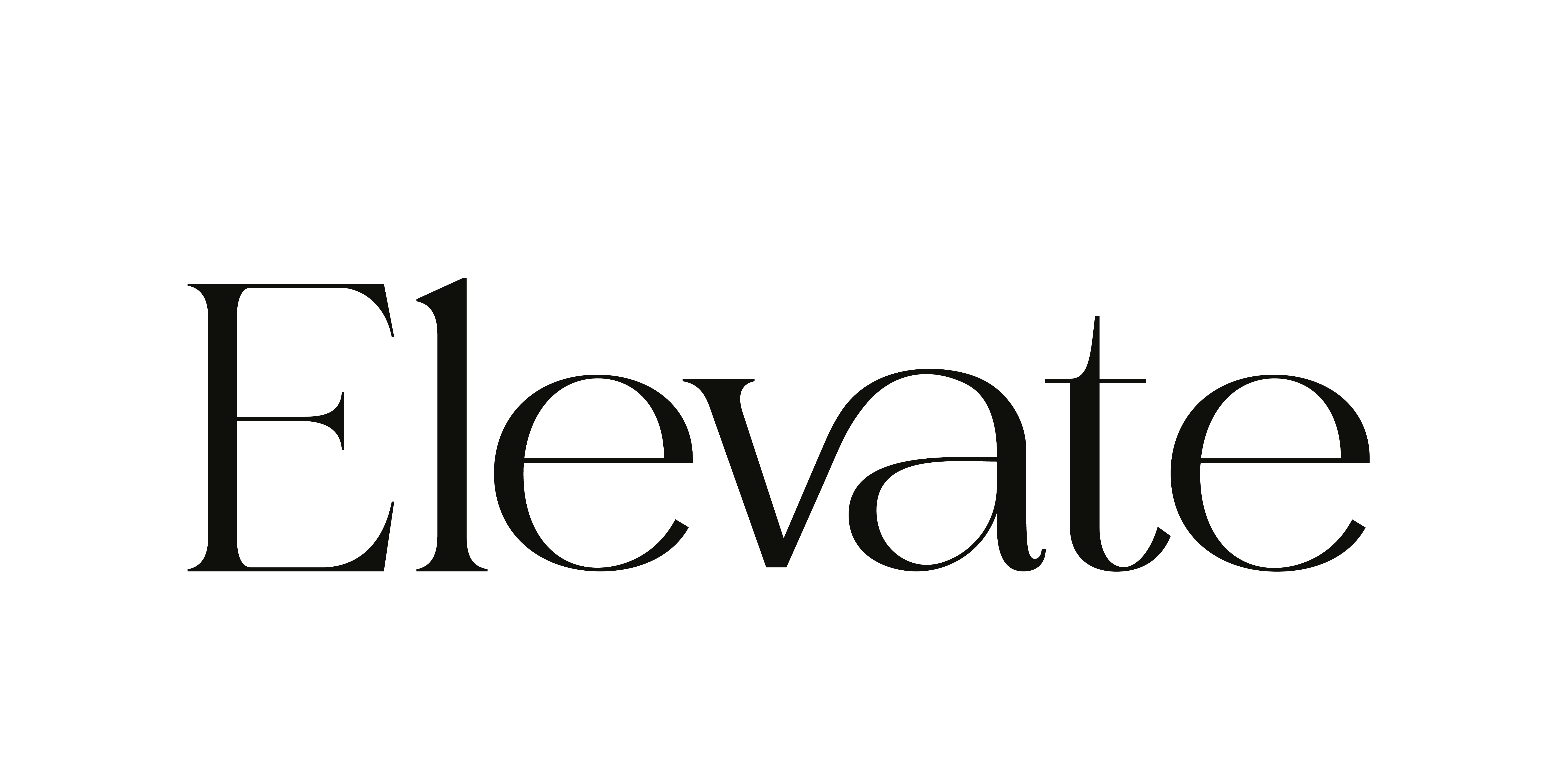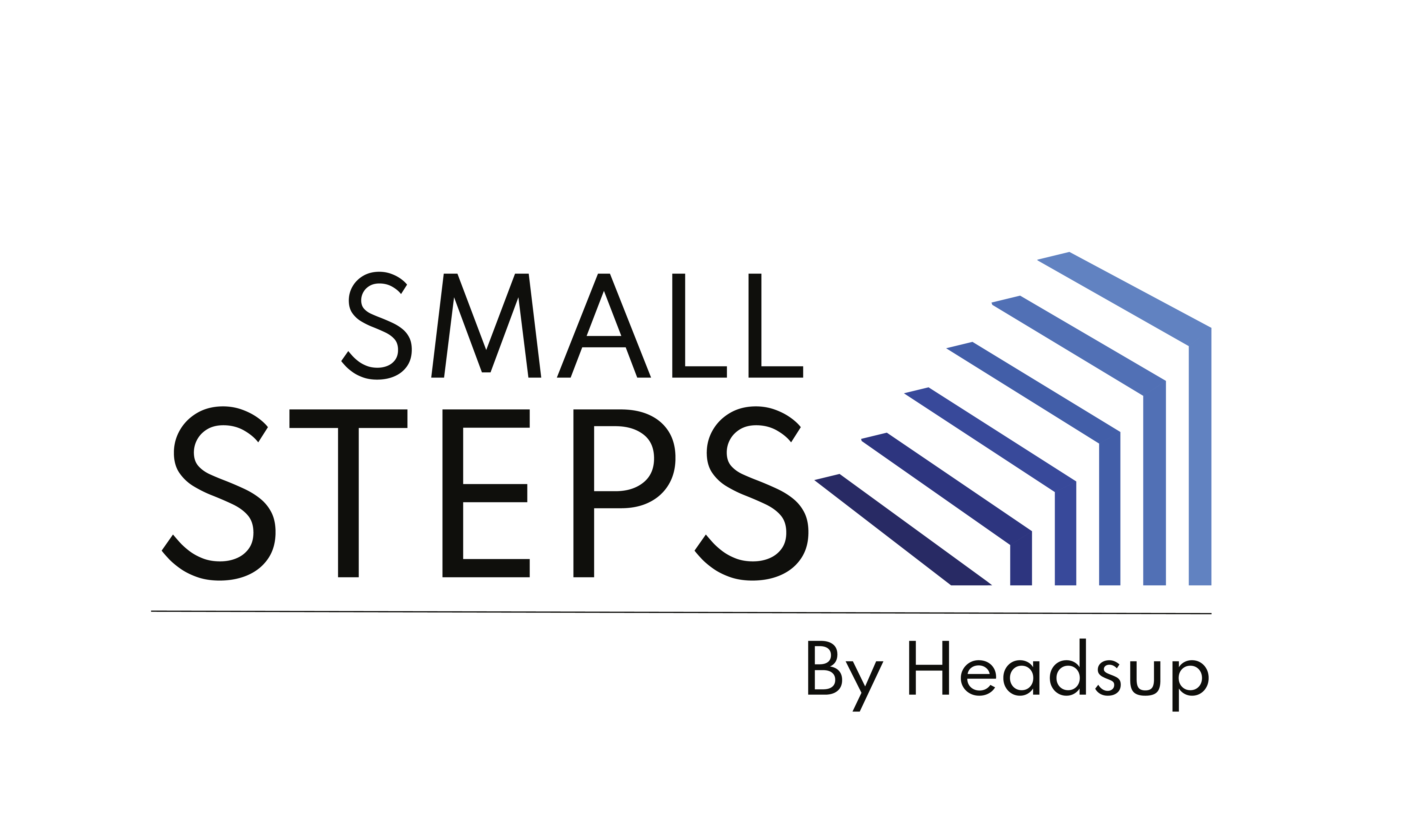While MSME units in India continue to face HR challenges, COVID-19 has made it worse as hiring operations have been put on a halt while some are companies are still struggling to work remotely and engage their employees through “Work From Home” . It’s important to understand Human Resources play an extremely crucial role in the growth of an MSME hence unlocking its HR challenges with detailed solutions is necessary too. They need to understand investing in a well-organized HRM system will only add to their advantage in the long run while helping them resolve the majority of the challenges mentioned below:
1.Recruitment
With COVID-19 already disrupting HR operations and simultaneously transitioning to remote hiring, recruitment and selection have become more complicated now. MSME’s biggest challenges comes with identifying the right candidate for the right job with the right skill while aligning the business with the quality cost scale balance. Another issue comes up with a lack of name recognition because of which there are fewer responses to job postings. The core problem is that they function with a poor hiring process that includes hasty interview processes, low-quality job descriptions, and the inability of using modern methods of recruitment. This challenge can easily be resolved if more attention is paid to job descriptions – keep them detailed and concise to attract quality talent.

2.Lack Of Financial Resources
Another crucial challenge faced by MSME in India is adhering to financial expenses. The majority of them have no budget for a fully dedicated HR team which reflects how recruitment and selection are mostly done by the owner or manager itself in MSME units. The cash crunch is real as highly skilled labour doesn’t come at an affordable cost and obtaining financial support from the institutions or governments is another elongated process. They tend to lose out on quality candidates due to good salary packages coming from bigger firms as a result of limited capital and the absence of adequate and timely banking finance. All in all, it is a serious challenge to resolve but they can begin by focusing on potential candidates and existing employees :
– Offering a more competitive benefits package that fulfills the employee’s expectations
– Add incentives to keep employees motivated
– Provide job security to employees and keep them thoroughly engaged
– Defining the values and mission of the company for 100% transparency
– Reshaping the hiring process with detailed and concise job descriptions
– A small budget doesn’t mean you can’t train people properly, find ways to train at minimal cost or free through in-house workshops.

3.Skill Development
Elaborating further on the last point mentioned above, MSME often feels having inadequate funds evades them from training their employees successfully because of which they fail to maximize the potential of their employees which eventually leads to failed cases of retention. A poor job training system in place can have a negative impact on employees, they need to understand there is a ROI on every amount spent on employee training. Instead of going for external vendors for training programs, start in-house sessions based on different skills, focus on creating a more detailed employee training plan which can be implemented with the help of the internal team members especially the managerial staff. The wfh scenario also revived the culture of webinars, help them get access to informational webinars with an idea to provide them with an enriching virtual experience.

4.The Perception Needs To Be Changed
We often find small businesses managing HR systems without grasping the knowledge about its main components, the technicalities, terms, and concepts associated with it. According to KNN India, MSME which hires 40% of the country’s workforce, pays less attention to human resource management (HRM) and puts more attention on daily business operations. It’s time for them to turn to HR outsourcing firms to get help in managing payrolls, legal compliance, recruiting, staffing, and other services. As they grow in size investing in the formation of HR becomes crucial as non-elaborate practices and processes can’t support the company in the long run. The resistance needs to shatter so they can start practicing more formal HR processes.

5.Improper Documentation
We can’t deny that the majority of the MSME units in India lack signs of any proper documentation – be it company policies or employee benefits. The result of poor documentation leads to violations and multiple questions are raised by the same employees. It’s very important to ensure every document is in place irrespective of being a big firm or a startup only then you can be on a safer end and avoid future troubles.









